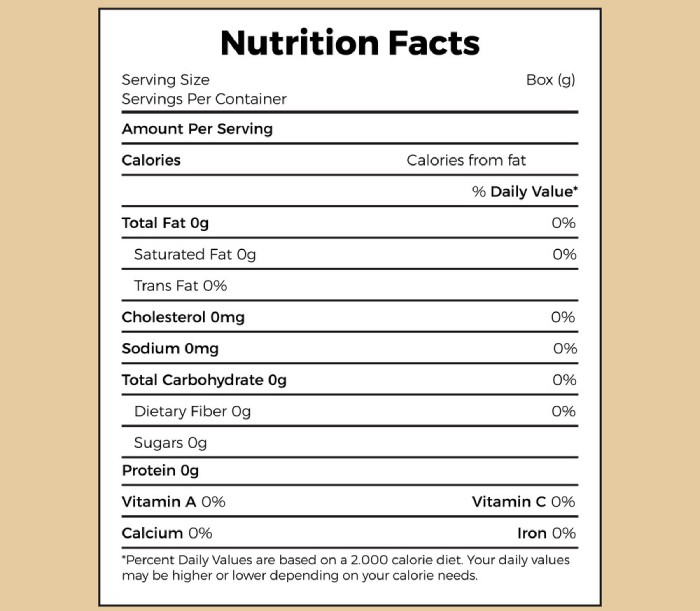FDA Seeks Information on Opiate Alkaloid Presence in Poppy Seeds
The Food and Drug Administration (FDA) has recently initiated a Request for Information (RFI) concerning industry practices related to poppy seeds. This move aims to gain a more comprehensive understanding of the various processes involved in poppy seed production, from agricultural methods to supply chain management. The FDA’s primary focus is on identifying practices that may influence the presence of opiate alkaloids in poppy seeds, whether by increasing or reducing their levels.
The agency’s inquiry spans the entire lifecycle of poppy seeds, encompassing agricultural techniques, industrial processes, manufacturing methods, and supply chain practices. By gathering this information, the FDA hopes to gain valuable insights into the current state of the poppy seed industry and its potential impact on public health.
Poppy seeds, derived from the opium poppy plant (Papaver somniferum), have long been used in culinary applications worldwide. However, their association with opiate alkaloids has raised concerns about potential health risks and regulatory challenges. The presence of these alkaloids can vary significantly depending on factors such as cultivation methods, harvesting techniques, and processing procedures.
The FDA’s RFI reflects a proactive approach to addressing these concerns and ensuring the safety of poppy seeds in the food supply. By soliciting information from industry stakeholders, the agency aims to identify best practices that minimize the presence of opiate alkaloids while maintaining the quality and usability of poppy seeds for food purposes.
This initiative aligns with the FDA’s ongoing efforts to enhance food safety and protect public health. The information gathered through this RFI may inform future regulatory decisions, industry guidelines, or recommendations for poppy seed handling and processing.
Industry participants, including farmers, manufacturers, and distributors, are encouraged to provide detailed information about their practices related to poppy seed production and handling. This collaborative approach between the regulatory body and the industry stakeholders is crucial for developing effective strategies to address potential risks associated with poppy seeds.
As the FDA continues its inquiry, consumers and food industry professionals alike await the outcomes of this investigation. The results may have far-reaching implications for the poppy seed market, potentially influencing everything from cultivation practices to labeling requirements and quality control measures.
Commentary by SuppBase columnist Alice Winters:

The FDA’s recent Request for Information regarding poppy seed industry practices marks a significant step in addressing the complex interplay between food safety, agricultural practices, and public health concerns. This move by the FDA is both timely and crucial, given the increasing scrutiny on the presence of opiate alkaloids in commonly consumed foods.
From a nutritional standpoint, poppy seeds offer a range of health benefits, including high levels of manganese, calcium, and fiber. However, the potential presence of opiate alkaloids introduces a layer of complexity that warrants careful examination. The FDA’s focus on understanding practices that may increase or reduce these alkaloids is a commendable approach to balancing the nutritional benefits with potential risks.
The breadth of the FDA’s inquiry, covering the entire supply chain from agriculture to manufacturing, demonstrates a holistic approach to the issue. This comprehensive investigation is likely to yield valuable insights into how different stages of production influence the final alkaloid content of poppy seeds. Such information could be instrumental in developing evidence-based guidelines for the industry.
However, it’s important to note that this RFI is just the first step in what could be a long process of regulatory assessment and potential policy development. The challenge lies in striking a balance between ensuring public safety and avoiding overly restrictive measures that could negatively impact the poppy seed industry and culinary traditions.
One key aspect to consider is the variability in alkaloid content among different poppy seed varieties and cultivation methods. Research has shown that factors such as harvesting time, processing techniques, and storage conditions can significantly affect alkaloid levels. The FDA’s inquiry could lead to the identification of best practices that minimize alkaloid content without compromising seed quality or yield.
Moreover, this initiative raises important questions about testing methods and standards for opiate alkaloids in food products. Currently, there is no universally accepted threshold for what constitutes a “safe” level of these compounds in poppy seeds. The information gathered through this RFI could potentially inform the development of such standards, providing clarity for both industry players and consumers.
From a market perspective, the outcomes of this inquiry could have far-reaching implications. Depending on the findings and any subsequent regulatory actions, we might see shifts in sourcing practices, changes in processing methods, or even the development of new poppy seed varieties with naturally lower alkaloid content. These potential changes could reshape the landscape of the poppy seed market and related industries.
In conclusion, the FDA’s proactive stance on this issue is commendable. By seeking to understand current industry practices, the agency is laying the groundwork for evidence-based decision-making. As we await the results of this inquiry, it’s clear that the intersection of food safety, agricultural practices, and public health will continue to be a critical area of focus in the supplement and health product industry. The poppy seed case serves as a reminder of the complex considerations at play in ensuring the safety and quality of our food supply while preserving culinary traditions and industry viability.



